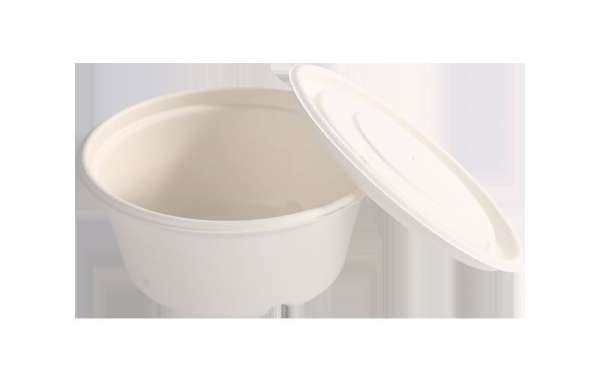In recent years, there has been a significant shift towards sustainable practices in the food industry, and one such innovation is the use of bagasse food containers. Bagasse, a byproduct of sugarcane processing, has emerged as an eco-friendly alternative to traditional plastic and Styrofoam containers. These containers are not only biodegradable but also compostable, making them a green choice for food packaging.
Bagasse food containers are gaining popularity due to their unique properties. They are lightweight, durable, and can withstand both hot and cold temperatures, making them suitable for a variety of food items. Moreover, they are free from harmful chemicals, ensuring that the food remains uncontaminated and safe for consumption.
The production of bagasse containers also supports a circular economy, as they are made from a waste material that would otherwise be discarded. This not only reduces waste but also contributes to the reduction of greenhouse gas emissions associated with plastic production and disposal.
As consumers become more environmentally conscious, the demand for bagasse food containers is expected to grow. Restaurants, cafes, and food service providers are increasingly adopting these containers to meet the sustainability goals of their customers. The transition to bagasse food containers is not just a step towards reducing environmental impact but also a move towards a healthier and more responsible food system.




